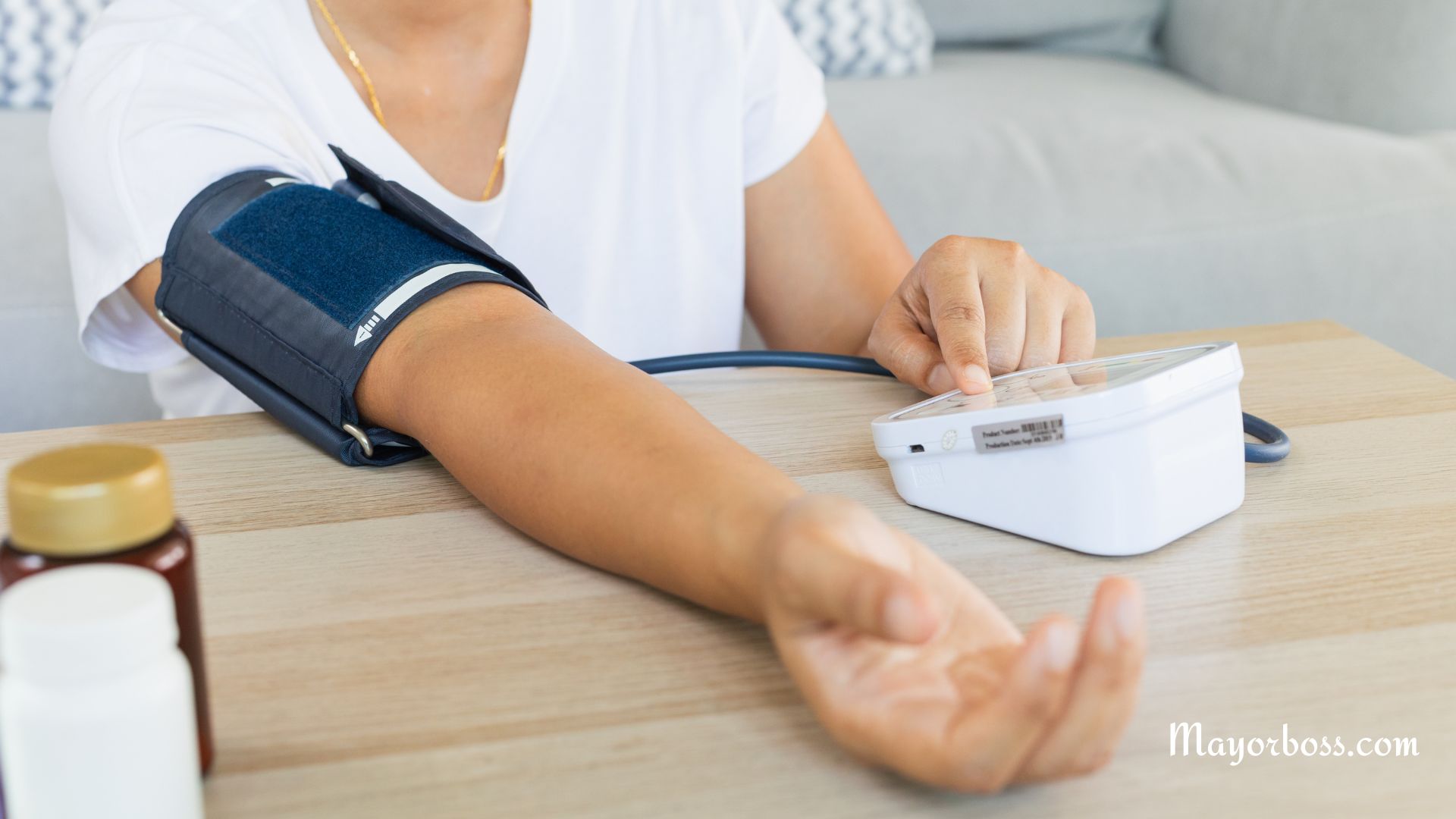Why Is My Blood Pressure Higher In The Morning?
Why is my blood pressure higher in the morning? Experiencing higher blood pressure in the morning, also known as morning hypertension, is a common phenomenon. Various factors contribute to this, such as the body’s natural circadian rhythm, morning stress, or medication timing. Conditions like sleep apnea and thyroid problems could also be at play.

What Causes High Blood Pressure in the Morning?
The Role of Your Body Clock
You might be surprised to learn that your body has an internal clock known as the circadian rhythm. This rhythm regulates numerous bodily functions, including blood pressure. Typically, your blood pressure tends to rise in the early morning hours, usually between 6 a.m. and 9 a.m. Why does this happen? Your body is preparing for the day ahead and is releasing stress hormones like cortisol to help you wake up. Consequently, this natural surge in hormones can cause a temporary increase in blood pressure.
Morning Stress
Do you often find yourself rushing in the morning? Whether it’s making breakfast, getting the kids ready for school, or beating traffic, mornings can be stressful. Stress stimulates the release of adrenaline, another hormone that temporarily boosts your blood pressure. So, if you’re often stressed in the morning, this could be contributing to those higher readings.
Medication Timing Matters
If you’re on blood pressure medication, the timing can make a significant difference. Most medications last for a specific duration, and their effect may wane by morning, causing a rise in blood pressure. For this reason, doctors sometimes recommend taking extended-release medications or adjusting the timing of your dose.
Sleep Apnea
Sleep disorders like sleep apnea could also be the reason for your elevated morning blood pressure. In people with sleep apnea, breathing stops and starts intermittently during sleep. This irregular breathing can lead to lower levels of oxygen in the blood, which in turn prompts the body to increase blood pressure. Therefore, if you experience symptoms like snoring, daytime fatigue, or headaches in the morning, it might be worth discussing sleep apnea with your healthcare provider.
Lifestyle Factors: Don’t Ignore the Basics
Diet and exercise have a profound impact on blood pressure. Consuming high-salt foods or excessive alcohol the night before can lead to higher blood pressure readings in the morning. Similarly, lack of physical activity can also be a contributing factor. Making healthier lifestyle choices, such as a balanced diet and regular exercise, can help in maintaining more consistent blood pressure levels.
Other Underlying Conditions
In some cases, high blood pressure in the morning could indicate an underlying health issue. Examples of such conditions include kidney disease, thyroid problems, and adrenal gland tumors. If you consistently have high blood pressure readings in the morning, a comprehensive medical evaluation may be necessary to rule out any serious conditions.
How Should I Accurately Measure My Morning Blood Pressure?
To get an accurate reading, measure your blood pressure at the same time each morning, before taking your medication or eating breakfast. Sit in a comfortable position and rest your arm on a table at heart level. Use a home blood pressure monitor that has been validated; it’s also a good idea to bring it to your healthcare provider for calibration. Take two or three readings, spaced about a minute apart, and take the average for the most accurate measurement.
Is Morning High Blood Pressure More Dangerous Than High Blood Pressure at Other Times?
High blood pressure at any time of day poses risks, but morning high blood pressure has been associated with a higher risk of heart problems, including heart attacks and strokes. This is partly because the blood is thicker and stickier in the morning, which can make it easier for blood clots to form.
